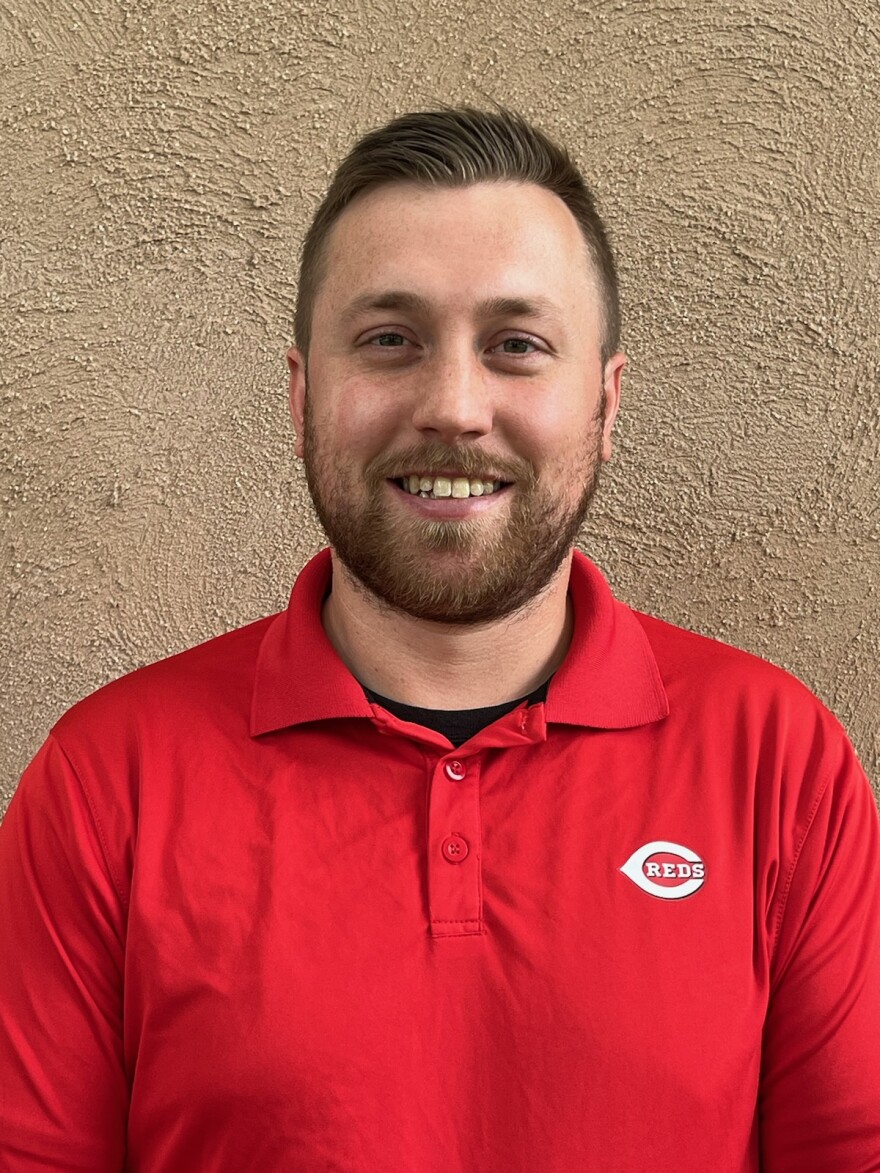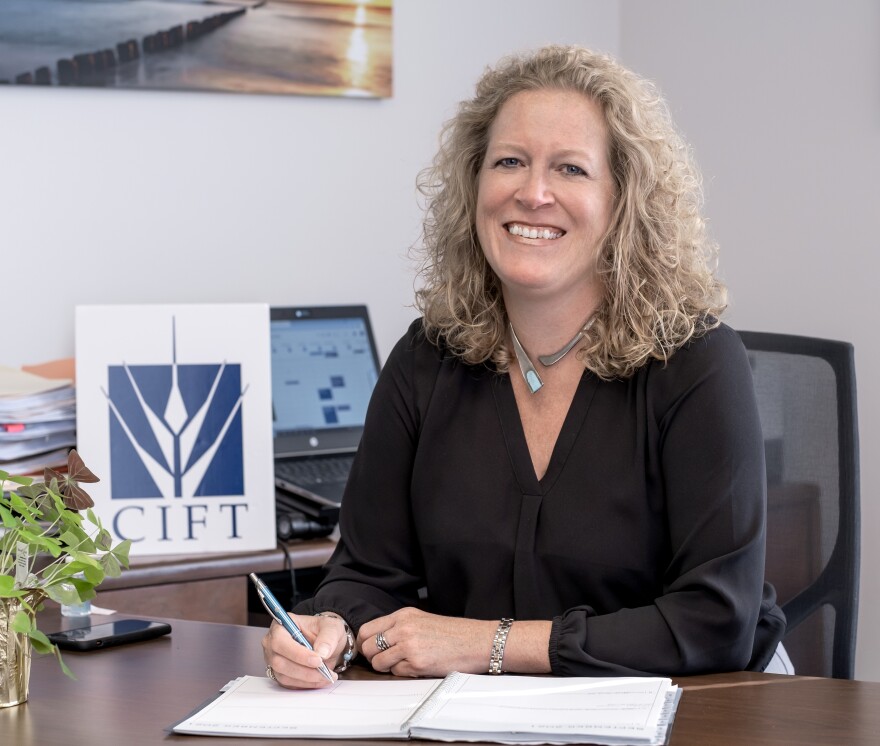A Northeast Ohio company is primed to meet growing industry demand to help food manufacturers keep their products on shelves longer. It’s using something called high-pressure processing, an advanced means of sealing food products in their final packaging. HPP uses pressures of up to 87,000 PSI, the equivalent of being 27 miles underwater and a full 20 miles deeper than the Mariana Trench.
Twinsburg-based Hydro Pressure + Pack is an offshoot of Innovation Food Services, a former catering business that now provides meals to schools and senior centers.
Innovation Food Services delivers meals to 60 locations throughout Ohio, while providing staff to heat and serve the food. Meal preservation became even more of an emphasis during the COVID-19 pandemic, when schools shuttered their doors and senior centers barred outsiders from entering facilities.

Simply freezing meals would impact their taste, so the company sought other ways to meet client needs, noted Troy Hall, Vice President of Operations for Innovation Food.
“Through conversations we had with distributors, they were looking for foods with a longer shelf life,” said Hall. “They normally do frozen, but these meals are so much better fresh.”
Innovation Food tested several systems - among them a nitrogen flush that replaces oxygen in a food storage bag - before landing on high-pressure processing. Hydro Pressure + Pack will use an Avure-brand machine that extends the freshness of food “four to ten times” past its current sell date, Hall said.
Whereas other types of food processing involve flavor-reducing heat, high-pressure processing applies extreme water pressure, eliminating pathogenic bacteria without compromising meal quality, Hall said.
“First and foremost, you’re not adding preservatives (with this system),” Hall said. “The back of the label is much shorter because it’s all natural ingredients. And you’re still getting a fresh product when it comes out on the other end.”
‘The possibilities are endless’
Hydro Pressure + Pack is currently connecting with food suppliers on the burgeoning technology. Although these partnerships are still under wraps, items such as salsa, guacamole, fresh juices and salad dressings can benefit from the HPP treatment. Soup and deli meat producers are also prospective partners for the pressure-packed innovation, Hall said.
In the meantime, the company has been working with Cleveland’s Manufacturing Advocacy and Growth Network, also known as MAGNET, as well as the Toledo-based Center for Innovation Food Technology to validate HPP technology.

Consumer interest in “clean label” foods made with as few ingredients as possible has elevated the profile of high-pressure processing, said CIFT President and Chief Executive Officer Rebecca Singer, whose nonprofit tests new equipment and processing techniques for the food and agriculture industries.
Reducing food waste through HPP has environmental benefits, said Singer. The USDA-approved process also enables longer shipping timelines when transporting refrigerated products.
“Considering where Ohio is, we have access to markets nationwide,” Singer said. “You can ship all the way to California and still maintain shelf life. During COVID, there was a challenge of available trucking or lack of labor at loading docks. This technology provides some flexibility should such an issue arise.”
Northeast Ohio – along with the Buckeye State as a whole – has the potential to become a hub for high-pressure processing, said Singer said. Not only does the state have 1,300 food processors, the equipment itself is built in Cincinnati by Avure. Locally, Sandridge Food in Medina utilizes a state-of-the-art HPP system for its lineup of sauces, dips, desserts and fresh deli salads.
Manufacturers concerned about expensive HPP equipment can outsource processing to third-party facilities before deciding to make the investment themselves.
“The possibilities are endless for processors of refrigerated products suited for HPP,” said Singer.
A technology cleared for takeoff
Transitioning to high-pressure processing can be a costly prospect, said MAGNET President and CEO Ethan Karp. The industry has few equipment makers, and machinery can range in price from $500,000 to more than $3 million per unit.

Yet, third parties with extra capacity for HPP can still help grow the sector locally, Karp said.
“Companies might have extra capacity, which is great, because hopefully more companies can test this technology out, and potentially open new markets with customers who want fewer preservatives and healthier food.” Karp said.
University researchers – including a food safety lab at Ohio State University- are additional links connecting food makers to a rising commercial processing technique. Northeast Ohio food manufacturers are also on the same path as other industries, insofar as they must innovate before getting left behind, Karp said.
“In food processing, it’s about new safety processes with consumer appeal,” said Karp. “It’s the same journey of improving products and innovating.”
For its part, Innovation Food is renovating 11,000 square feet of warehouse space for Hydro Pressure + Pack. The facility will house new machinery and related equipment, and be kept cool 24/7 to support a triple shift of workers, said operations VP Troy Hall.
Hall is excited to be at the forefront of a technology set to become more mainstream in the coming years.
“Lots of folks have eaten something that has run through the HPP process,” said Hall said. “We’re seeing grocery chains wanting to push their partners in utilizing this process so products have a longer shelf life. We’re ahead of the curve, and we expect this technology to take off.”



